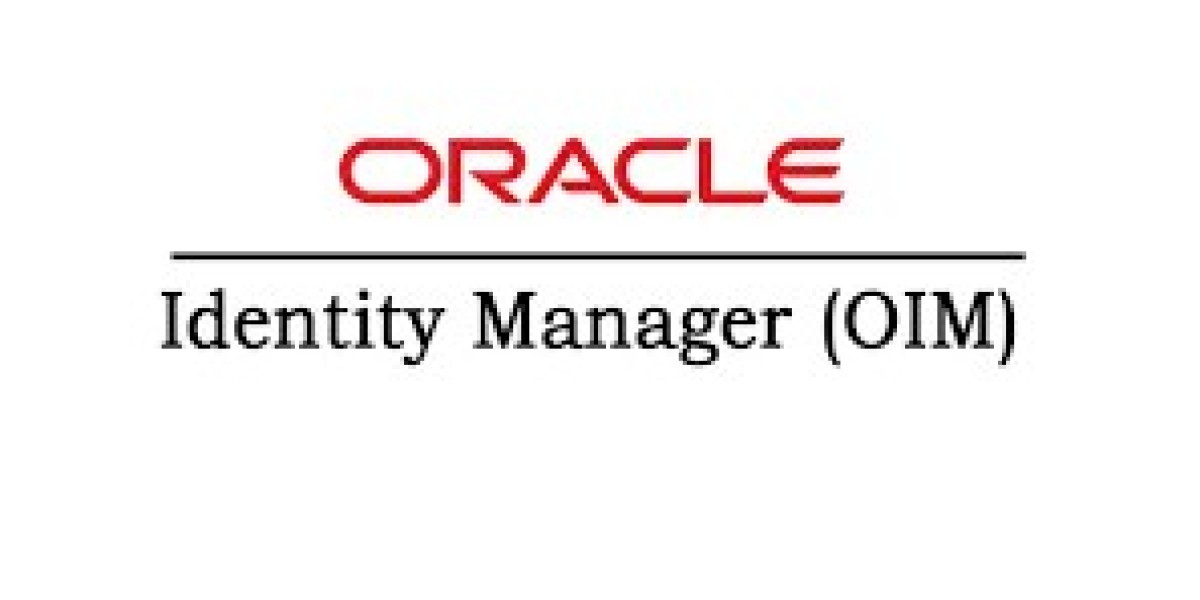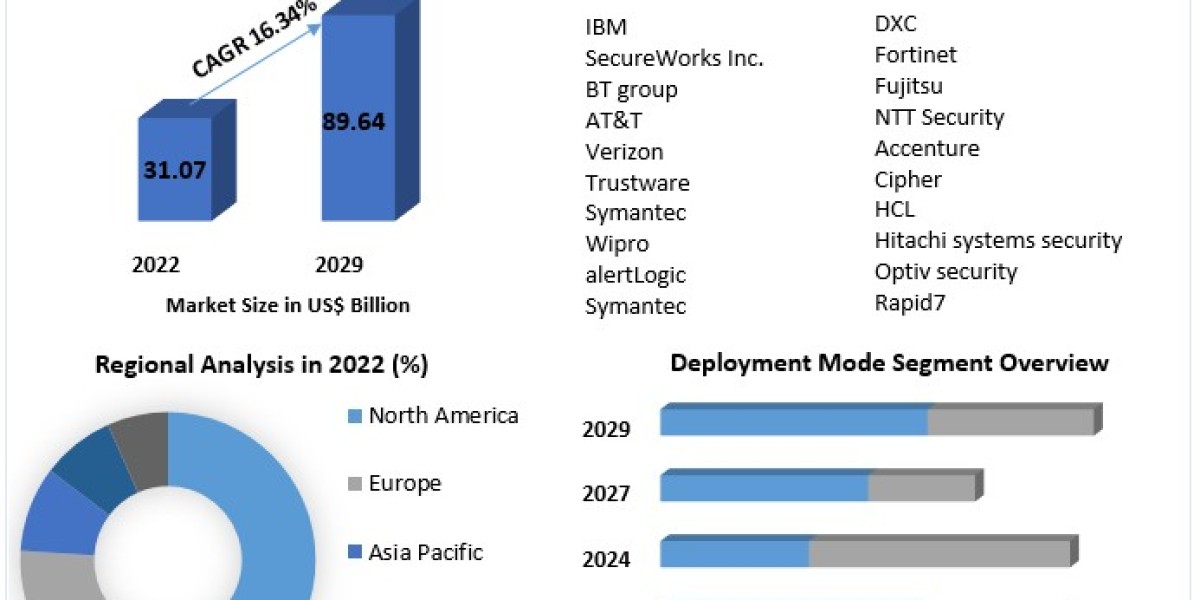AI-driven Identity Analytics:
- With the increasing volume and complexity of identity data, AI and machine learning technologies can play a significant role in identity governance. Oracle Identity Manager might integrate advanced analytics capabilities to detect anomalies, identify access risks, and provide actionable insights for better decision-making.
Contextual Access Management:
- Context-aware access control is gaining prominence as organizations seek to balance security with user experience. Oracle Identity Manager could leverage contextual factors such as user behavior, device attributes, location, and time of access to dynamically adjust access policies and authentication requirements, enhancing security while enabling seamless user interactions.
Zero Trust Architecture:
- The shift towards a zero-trust security model necessitates a reevaluation of traditional perimeter-based security measures. Oracle Identity Manager might evolve to embrace zero-trust principles by implementing continuous authentication, least privilege access controls, and micro-segmentation strategies to protect against insider threats and lateral movement within the network.
Decentralized Identity and Blockchain Integration:
- Blockchain technology offers a decentralized approach to identity management, where users maintain control over their digital identities and share them selectively with trusted parties. Oracle Identity Manager could explore integrations with blockchain networks to enable self-sovereign identity solutions, verifiable credentials, and secure identity proofs, enhancing privacy, trust, and interoperability.
Identity Fabric and Interoperability Standards:
- As organizations adopt multi-cloud and hybrid IT environments, there's a growing need for identity governance solutions that can span across disparate systems and platforms. Oracle Identity Manager might evolve into an identity fabric that integrates seamlessly with other identity and access management (IAM) solutions, leveraging industry standards such as SCIM (System for Cross-domain Identity Management) and OIDC (OpenID Connect) for interoperability.
Continuous Risk Assessment and Adaptive Controls:
- Traditional access controls are often static and rule-based, leading to gaps in security coverage and delayed response to emerging threats. Oracle Identity Manager could introduce continuous risk assessment capabilities that monitor access patterns, user behavior, and threat intelligence feeds in real-time to identify high-risk activities and automatically adjust access controls or trigger remediation actions as needed.
Privacy by Design and Data Protection:
- With the increasing focus on data privacy regulations such as GDPR and CCPA, Oracle Identity Manager might emphasize privacy by design principles, embedding data protection mechanisms into its architecture and workflows. This could include features such as pseudonymization, data minimization, consent management, and privacy-enhancing technologies to ensure compliance and build trust with users.
API-first Identity Management:
- As organizations embrace microservices architecture and API-driven development practices, Oracle Identity Manager could adopt an API-first approach, providing robust APIs and developer tools for seamless integration with custom applications, third-party services, and DevOps pipelines. This would enable agile identity governance and facilitate the automation of identity-related tasks within modern software ecosystems.
User-Centric Identity Experiences:
- User experience (UX) is becoming increasingly important in identity governance, as organizations aim to balance security requirements with user convenience. Oracle Identity Manager might prioritize user-centric design principles, offering intuitive self-service portals, mobile-friendly interfaces, and personalized access experiences tailored to individual user preferences and roles.
Continuous Innovation and Collaboration:
- In an ever-evolving threat landscape, Oracle Identity Manager is likely to continue evolving through regular updates, feature enhancements, and collaboration with industry partners and customer feedback. Continuous innovation, agility, and responsiveness to emerging trends will be key to maintaining Oracle Identity Manager's position as a leading identity governance solution in the market.
These potential trends and innovations offer a glimpse into the future direction of Oracle Identity Manager and how it might evolve to meet the evolving needs and challenges of identity governance in the digital age.








